





Wake to Miva merchant
Migrating your store from Wake to Miva merchant might seem daunting, but with proper planning and the right tools, it's a smooth process. Follow this step-by-step guide to ensure a successful transition.
Schedule a call
Wake to Miva Merchant Migration Guide
Step 1: Preparing for the Migration
In this initial phase, we will focus on understanding your current Wake setup and identifying all necessary components to ensure a smooth transition to Miva Merchant.
Step 2: Data Backup and Export
In this step, we will back up all essential data from your Wake store, ensuring no information is lost during the transition.
Step 3: Setting Up Miva Merchant Account
In this step, we will guide you through setting up your Miva Merchant account to prepare for the data import.
Step 4: Importing Products and Customer Data
In this phase, we will import all previously exported data into your new Miva Merchant account, ensuring everything is accurately transferred.
Step 5: Customizing Your Miva Merchant Store
In this step, we will customize the look and feel of your Miva Merchant store to align with your brand identity.
Step 6: Testing the Store Functionality
Testing is crucial to ensure that your Miva Merchant store operates smoothly before launch.
Step 7: Launching Your Miva Merchant Store
In this final step, we will prepare for the launch of your Miva Merchant store, ensuring all systems are go.
Power Your Step - Get in Touch
Ready to take your ecommerce journey to the next level? Contact PowerCommerce for expert migration support.
Step 1: Preparing for the Migration
Before we begin the migration from Wake to Miva Merchant, it is crucial to comprehensively prepare for the process. This step is foundational and will set the tone for the entire migration. Understanding the structure of your existing Wake store, including products, customer data, and order history, is essential for an effective migration.
First, we will perform a detailed audit of your current Wake platform. This audit will include:
- Product Inventory: Catalog all products currently listed, including descriptions, images, prices, and SKUs.
- Customer Data: Backup all customer information, including names, emails, addresses, and order history.
- Order History: Compile records of past orders, including transaction IDs, payment statuses, and shipment details.
- Website Content: Document any specific content, such as blog posts, FAQs, and static pages that need to be migrated.
Once the audit is complete, we will establish a clear outline of what needs to be migrated to Miva Merchant. This will involve identifying any custom functionalities used in Wake that need to be replicated in Miva Merchant. We advise using a project management tool to track tasks and ensure everything is accounted for.
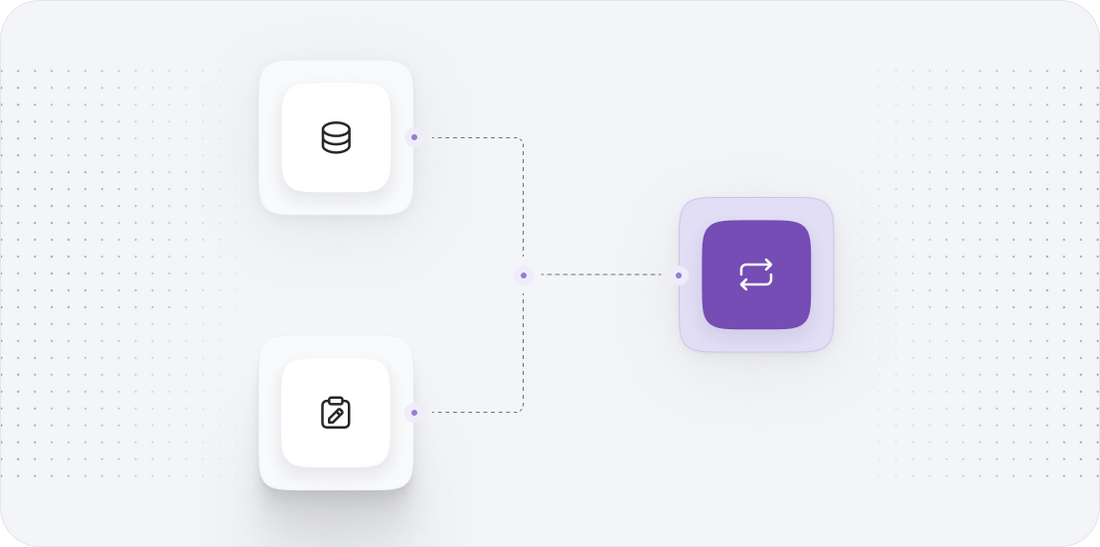
Step 2: Data Backup and Export
Data backup is a critical step in the migration process. It ensures that all your information is secure and can be restored if necessary. We recommend the following procedures for backing up your data:
- Export Product Data: Use Wake's export feature to download all product data in CSV format. Ensure that you include all relevant fields such as name, description, price, SKU, and inventory levels.
- Export Customer Data: Similarly, export your customer list, ensuring to capture all relevant details, including contact information and order history.
- Backup Orders: Capture all historical order data, including details of individual transactions. This can often be exported in a report format from the Wake dashboard.
After exporting this data, store it securely in a cloud service or external drive. It is also recommended to perform routine checks on the integrity of the exported files to avoid any data corruption issues.
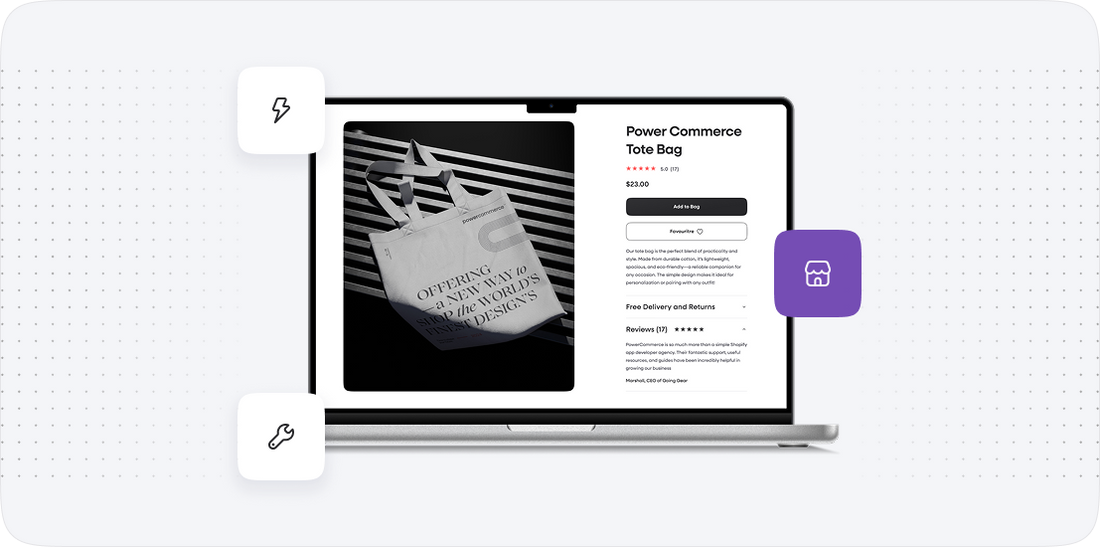
Step 3: Setting Up Miva Merchant Account
Setting up your Miva Merchant account involves several key steps to ensure that the platform is configured correctly for your business needs.
Begin by signing up for a Miva Merchant account. During the registration process, you will need to provide information such as your business name, contact details, and payment information. Once your account is created, follow these detailed steps:
- Choose a Pricing Plan: Miva offers several pricing tiers. Select a plan that aligns with your business size and anticipated growth.
- Configure Basic Settings: Navigate to the settings panel and configure essential aspects such as your store name, logo, and contact information.
- Set Up Payment Gateways: Integrate your preferred payment gateways (e.g., PayPal, Stripe) through the Miva dashboard. Miva supports a variety of payment options to cater to different customer preferences.
- Shipping Settings: Define your shipping methods and rates. Miva allows for flexible shipping configurations, so ensure that you set them according to your business model.
Once your Miva Merchant account is set up, you can begin preparing to import the data from Wake.
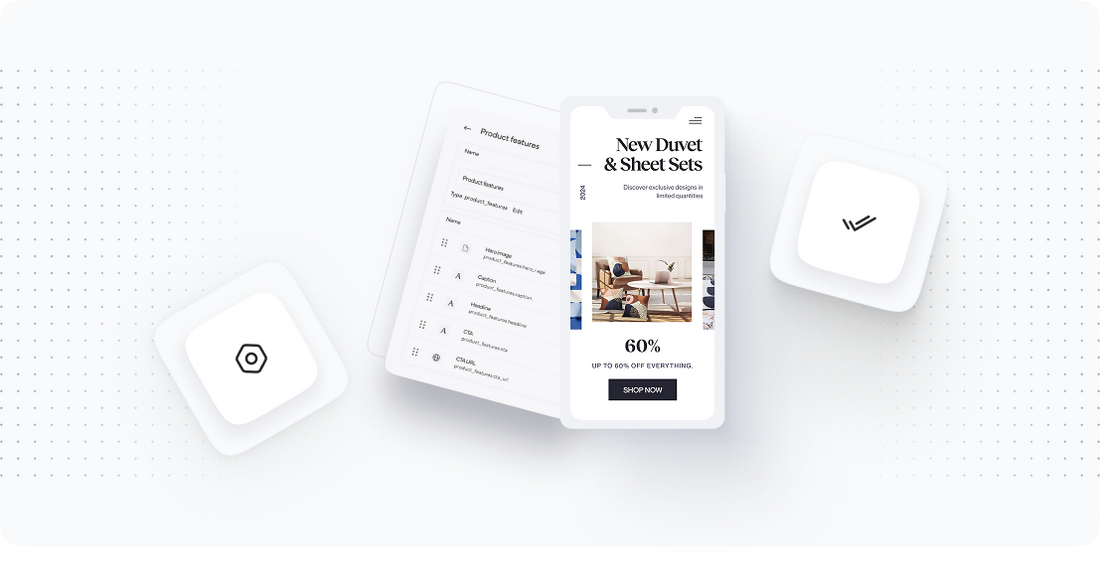
Step 4: Importing Products and Customer Data
With your Miva Merchant account set up, we can proceed to import the data that was backed up from Wake. This step requires careful attention to ensure that all data is accurately imported and structured for optimal performance.
Follow these steps for a successful import:
- Import Product Data: Use Miva's import tool to upload the CSV file containing your product data. Ensure that you map the columns correctly to match Miva's product fields. Pay special attention to required fields such as SKU, price, and inventory.
- Import Customer Data: Next, upload the customer data CSV. Again, ensure proper mapping to match Miva's customer profile structure. Verify that all customer details are correctly imported, maintaining data integrity.
- Recheck Imported Data: After importing, conduct a thorough review of the product listings and customer profiles in Miva. Check for completeness and accuracy, ensuring that no critical information is missing.
If discrepancies are found, make necessary corrections and re-import the affected data. This ensures that your Miva Merchant store is fully operational with accurate data from the outset.
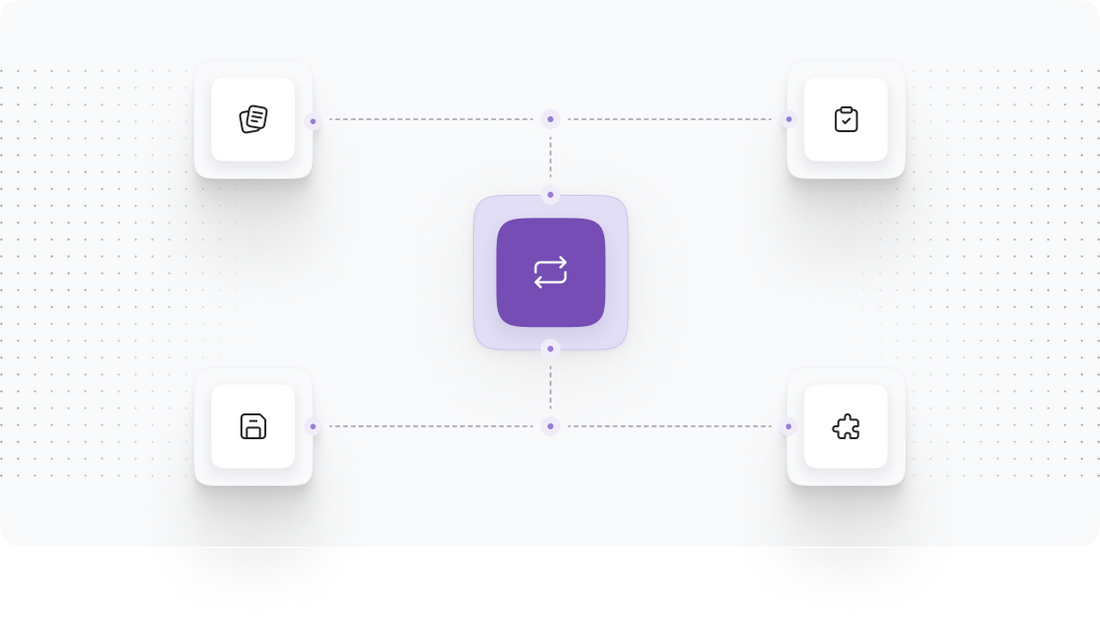
Step 5: Customizing Your Miva Merchant Store
Customization is key to establishing your brand identity on Miva Merchant. Here are the steps to tailor your store’s appearance and functionalities:
Begin by accessing the design settings within Miva. You can customize the following:
- Store Theme: Select a theme that resonates with your brand aesthetic. Miva offers a range of customizable themes, or you can create a custom one using HTML and CSS.
- Navigation Structure: Design your store’s navigation to enhance user experience. Ensure that categories and subcategories are logically structured for easy access.
- Checkout Process: Customize the checkout process to minimize cart abandonment. Miva allows for streamlined checkout options that can be tailored to your customer’s preferences.
- Additional Features: Consider adding custom functionalities such as product recommendation engines, customer reviews, and loyalty programs to improve engagement and sales.
Once you have completed the customization, preview your store to ensure it meets your expectations before going live.
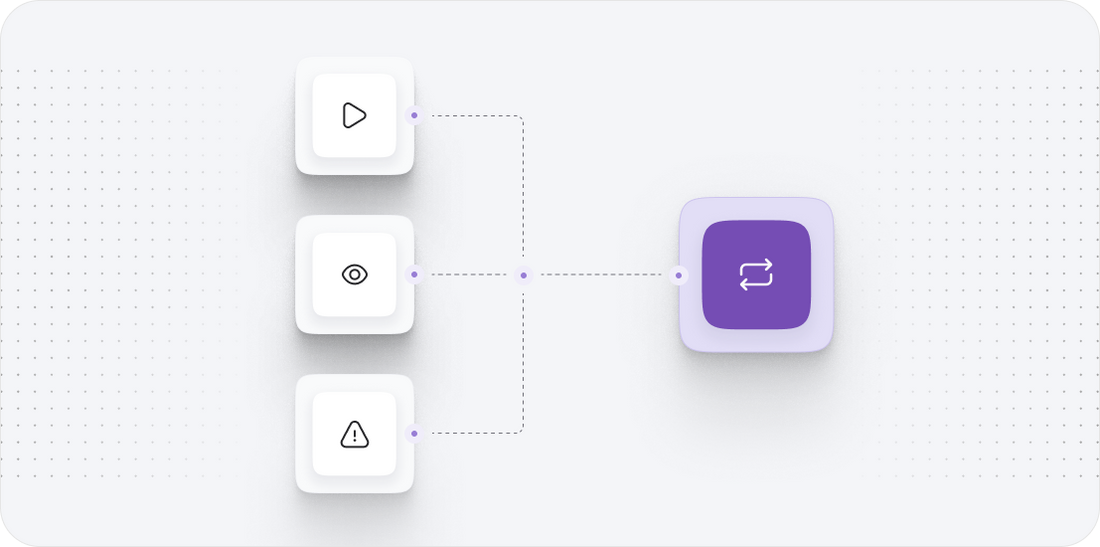
Step 6: Testing the Store Functionality
Before launching your new Miva Merchant store, it is essential to conduct thorough testing to ensure everything functions as expected. This includes testing product pages, checkout processes, and any custom features you have implemented.
Here are the key areas to focus on during testing:
- Product Pages: Verify that all product details, images, and pricing are accurately displayed. Check for any broken links or missing information.
- Checkout Process: Simulate purchases to ensure the checkout process is seamless. Test various payment methods and shipping options to confirm they work correctly.
- Mobile Responsiveness: Check that your store is mobile-friendly by testing it on various devices and screen sizes. Miva Merchant is designed to be responsive, but it’s always good to verify.
- Performance Testing: Monitor site speed and responsiveness under load conditions to ensure it can handle high traffic without issues.
Make any necessary adjustments based on the results of your testing. This will help ensure a smooth customer experience once the store is live.
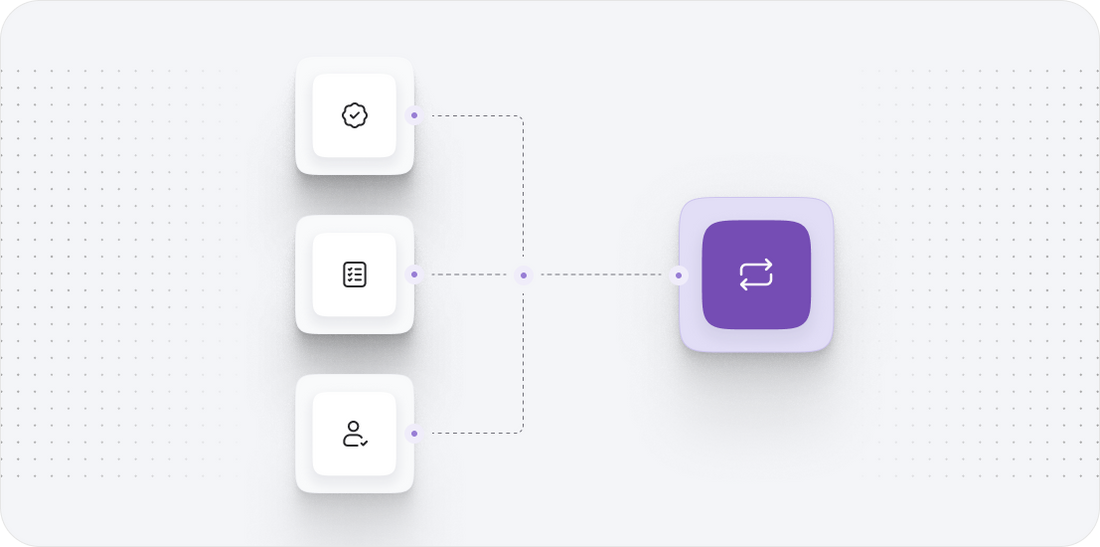
Step 7: Launching Your Miva Merchant Store
With all previous steps completed, we are now ready to launch your Miva Merchant store. Here’s how to prepare for a successful launch:
- Final Review: Conduct a final review of your store, ensuring all aspects are aligned with your brand and operational goals. Check for any last-minute adjustments that need to be made.
- Update DNS Settings: If you are using a custom domain, update your DNS settings to point to your new Miva Merchant store. This may involve configuring CNAME and A records.
- Announce the Launch: Prepare a marketing strategy to announce your store launch. Utilize email campaigns, social media, and other promotional channels to generate buzz.
- Monitor Post-Launch: After launching, closely monitor your store’s performance. Track sales, customer feedback, and any technical issues that may arise, addressing them promptly.
Congratulations on successfully migrating from Wake to Miva Merchant! Your new online store is now poised for growth and success.
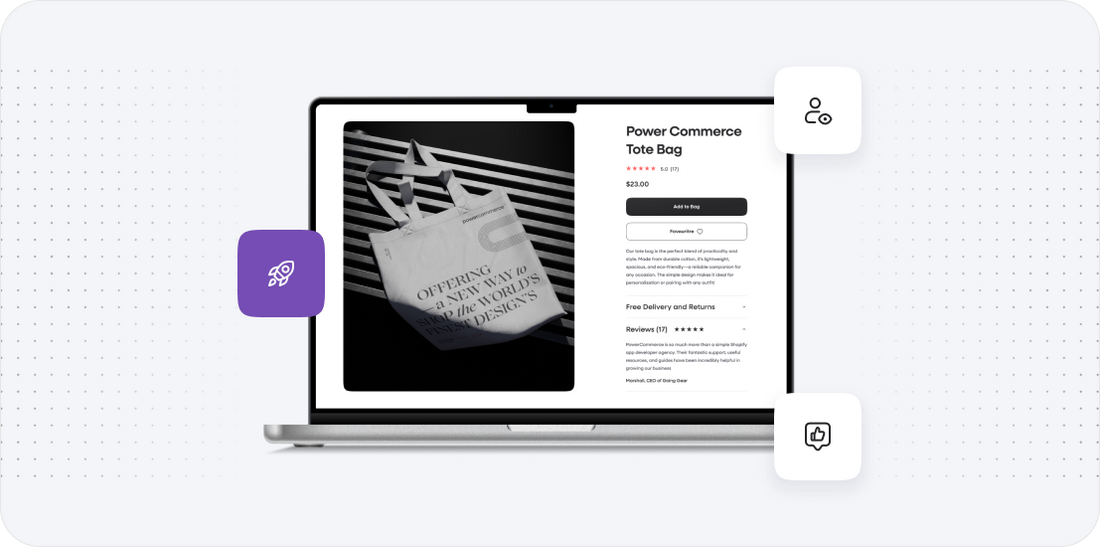
Power Your Step - Get in Touch
If you're considering migrating your ecommerce platform, we at PowerCommerce are here to assist you every step of the way. Our team of experts specializes in ensuring a seamless transition from Wake to Miva Merchant, allowing you to focus on what you do best--growing your business.
Contact us today to get started:
- Visit our contact page to fill out our inquiry form.
- Call us directly at 800-099-9090 for immediate assistance.
- Email us at info@powercommerce.com for any inquiries or to schedule a consultation.
We pride ourselves on our customer-centric approach, innovative solutions, and commitment to integrity. Let us help you power your ecommerce success!
Stay aligned on what's happening in the commerce world
Trusted by 1000+ innovative companies worldwide
Schedule Your Migration Today
For businesses prioritizing simplicity, scalability, and robust support, Shopify is the clear winner.
Looking to migrate without hassle? Power Commerce can handle the entire process, ensuring smooth data transfer, store setup, and post-launch success.
Marka Marulića 2, Sarajevo, 71000 BiH
00387 60 345 5801
info@powercommerce.com


